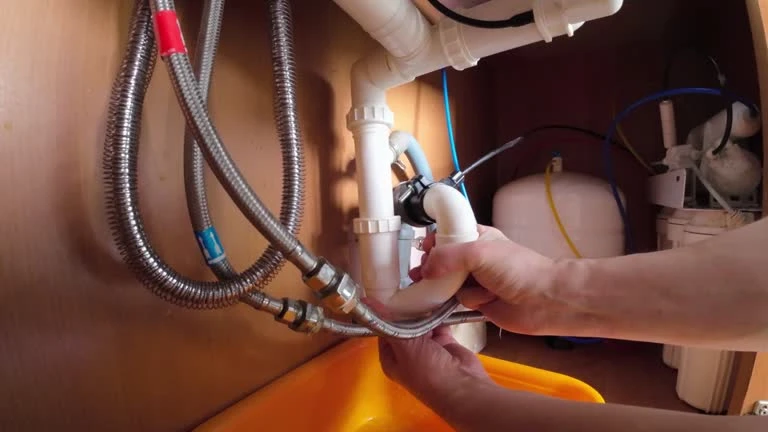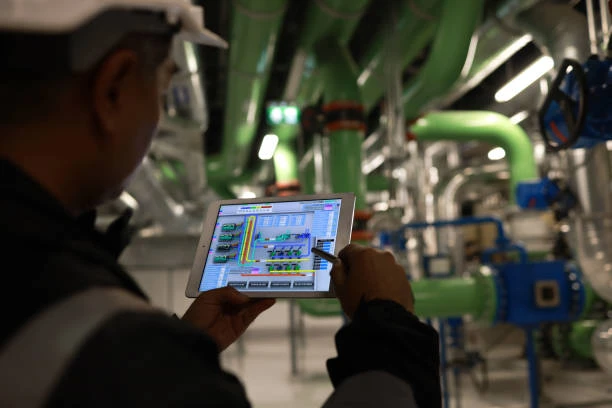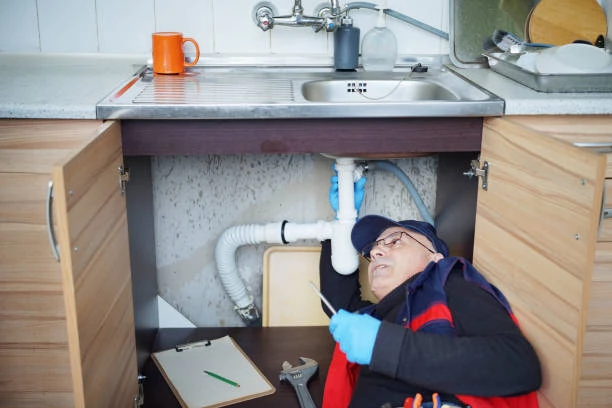1. Introduction to CPVC Insulating Properties
Chlorinated polyvinyl chloride (CPVC) stands out for its excellent insulating properties. Its resistance to heat transfer ensures efficiency in various applications. CPVC pipe desalination systems particularly benefit from these properties, as they require pipelines capable of maintaining temperature stability. CPVC offers both durability and insulation, making it ideal for modern industrial use.
2. CPVC in Thermal Insulation Applications
CPVC minimizes heat loss during fluid transportation, ensuring energy efficiency in operations. Its insulating properties help reduce energy consumption in high-temperature systems. For example, in CPVC pipe desalination plants, pipelines transport hot water while maintaining consistent temperatures. This ensures efficient desalination without energy waste or system breakdowns.
3. Electrical Insulation for Safety
CPVC pipelines provide excellent electrical insulation, ensuring safety in environments with electrical systems. This non-conductive property makes CPVC a preferred material in desalination plants that rely on advanced electrical equipment. For instance, CPVC pipelines in hybrid desalination systems ensure safe operations by preventing electrical risks.
4. Corrosion Resistance Supports Longevity
Corrosion can compromise the insulating properties of traditional materials, but CPVC resists degradation. CPVC pipe desalination systems rely on this feature to withstand saltwater and chemical exposure. For example, pipelines transporting seawater for desalination remain efficient and corrosion-free, ensuring consistent insulation over time.
5. Lightweight Design Enhances Installation
The lightweight nature of CPVC simplifies installation and reduces structural stress. In desalination plants, CPVC pipelines are easy to transport and install. For example, workers in large-scale desalination projects use CPVC to quickly set up efficient pipeline networks. This lightweight design also reduces costs and installation time.
6. Versatility in Harsh Environments
CPVC performs well in extreme conditions, such as high temperatures and saltwater exposure. CPVC pipe desalination systems operate efficiently in coastal and desert regions. For instance, desalination plants in arid areas use CPVC pipelines to transport both seawater and treated water. Its insulating properties ensure stability in these harsh environments.
7. Cost-Effectiveness in Long-Term Use
Investing in CPVC pipelines reduces operational costs over time. Its insulating properties minimize energy loss, while its durability lowers maintenance expenses. For example, desalination plants using CPVC pipelines experience fewer repairs and operational disruptions. The combination of insulation and longevity makes CPVC a cost-effective choice.
8. Future Innovations in CPVC Insulation
Advancements in CPVC technology will further enhance its insulating properties. CPVC pipe desalination systems will benefit from improved thermal resistance and chemical stability. For example, next-generation desalination plants will rely on CPVC pipelines for even greater energy efficiency. The future of CPVC lies in its ability to adapt to emerging industrial needs.
In conclusion, CPVC pipelines offer exceptional insulating properties, making them indispensable in industrial applications. CPVC pipe desalination systems, in particular, benefit from its thermal insulation, corrosion resistance, and lightweight design. By choosing CPVC, industries ensure efficiency, safety, and sustainability in their operations.
IFAN Products international standards
IFAN products strictly adhere to a comprehensive range of international standards, encompassing ISO 15874, EN 15874, ASTM F2389, DIN 8077/8078, GB/T 18742, NBR 15884, ISO 15494, EN ISO 15494, GB/T 19472, NBR 15494, ASTM 2846 (501), DIN 8079/8080 (502), ASTM F441/F441M SCH80 (503), DIN (504), DIN (505), GB/T 18993, AS/NZS 1477, CSA B137.6, NSF/ANSI 14, TIS 17-2532/1131-2535, BS 3505, BS 4346 (801), ASTM D1785 SCH40 (802), ASTM D1785 SCH80 (803), DIN (804), GB (805), GB (806), GB(901), DWV(902), ASTM D2665 (903), along with ASTM D2241, D2665, D2729, and F441/F441M series, ISO 1452, EN ISO 1452, DIN 8061/8062, GB/T 10002, AS/NZS 1477, JIS K6741, CSA B137.3, and other national and industry norms.
Connect
IFAN is a Chinese manufacturer of plastic pipes, fittings and valves with 30 years of experience. If you are interest in IFAN copper fittings, copper valves, plastic pipes and fittings, please contact us. IFAN offers you a variety of standard pipes to meet your specific needs. Click below to learn more about IFAN’s wide range of affordable and cost-effective valve products and piping system related products.
We will reply your email or fax within 24 hours.
You can call us at any time if there is any question on our production.
For more information,pls visit our webside https://waterpipefitting.com/
Pls Mailto: [email protected]
Whatsapp: + 86 19857948982














Recent Comments